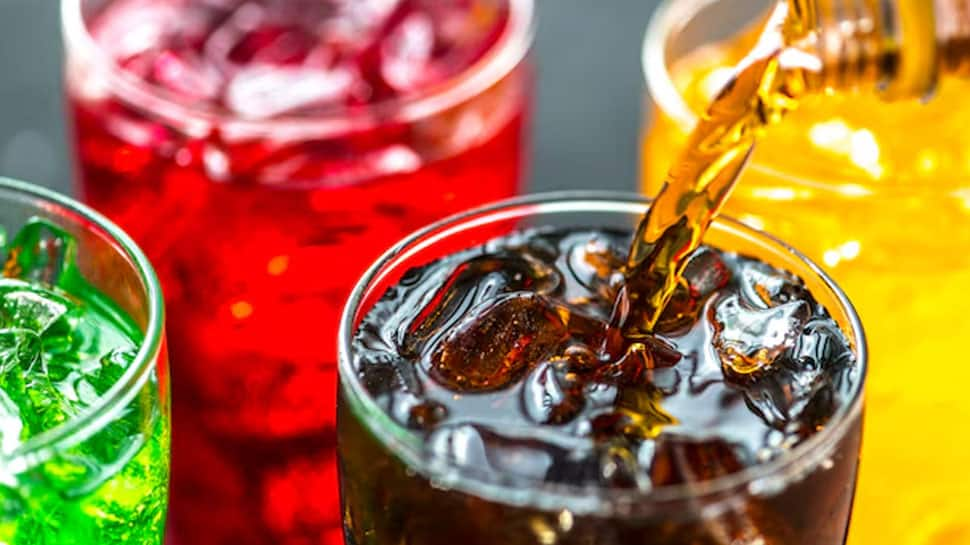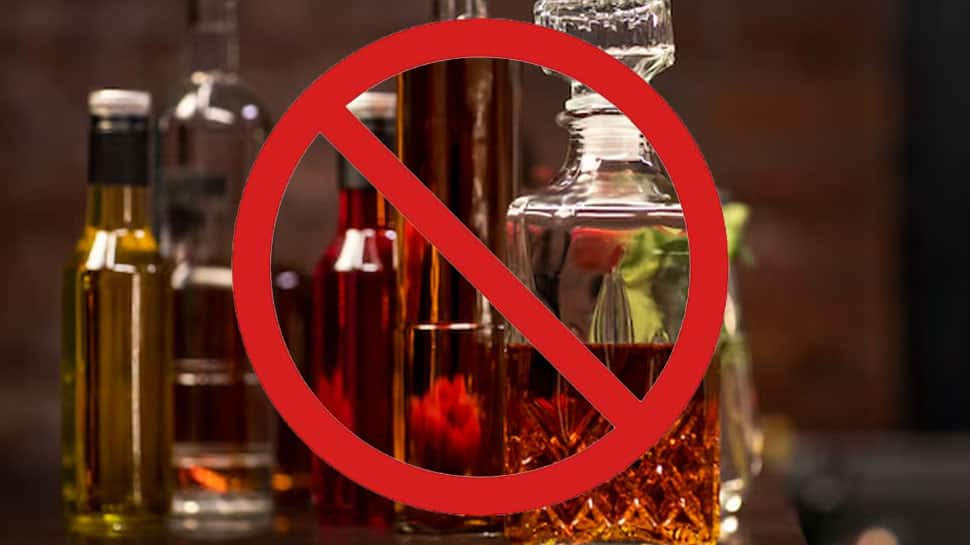9 Foods To Avoid With High Cholesterol
Foods high in unhealthy fats and sugars can significantly raise LDL cholesterol, or "bad" cholesterol, levels in the body. These foods contribute to plaque buildup in the arteries, leading to cardiovascular issues. Frequent consumption of such foods increases the risk of heart disease and other related health complications. They often lack essential nutrients and fiber while being packed with saturated fats, trans fats, and added sugars, which contribute to weight gain, inflammation, and poor heart health. Reducing the intake of these foods is crucial for maintaining a healthy balance of cholesterol levels and supporting overall cardiovascular wellness.
Baked Goods
)
Pastries, cakes, and cookies are packed with refined sugars, butter, and trans fats. These ingredients contribute to elevated LDL cholesterol levels and promote unhealthy weight gain. Baked goods also lack essential nutrients and fiber, which further exacerbates their negative impact on heart health when consumed regularly.
Fried Foods

Fried foods like fries, samosas, and pakoras absorb large amounts of unhealthy fats during cooking. These foods are often fried in trans fat-laden oils, which raise LDL cholesterol levels and lower HDL cholesterol, leading to increased risk of heart disease and clogged arteries.
Sugary Beverages

Sugary drinks, such as soda and sweetened teas, contain excessive amounts of added sugar that contribute to weight gain and higher cholesterol levels. Regular consumption increases triglycerides, lowers HDL (good) cholesterol, and can raise LDL levels, making sugary beverages a major risk factor for heart disease.
Full-Fat Dairy Products

Full-fat dairy products like whole milk, cheese, and butter are rich in saturated fats. These fats raise LDL cholesterol, increasing the risk of developing plaque in the arteries, which can lead to heart disease. Substituting full-fat dairy with low-fat alternatives helps manage cholesterol levels.
Fast Food

Fast food items, including burgers, fries, and pizzas, are loaded with saturated and trans fats. These fats raise LDL cholesterol levels and promote inflammation. Regular consumption of fast food contributes to poor heart health, increasing the risk of hypertension, obesity, and cardiovascular diseases.
Margarine

Certain types of margarine, particularly those made with partially hydrogenated oils, contain trans fats. These trans fats are notorious for raising LDL cholesterol while lowering HDL (good) cholesterol. Regular consumption of margarine can lead to a higher risk of heart disease, making it important to choose healthier alternatives.
Tropical Oils (Palm Oil)

Tropical oils, such as palm and coconut, are high in saturated fats. Excessive intake of these oils can raise LDL cholesterol levels, increasing the risk of cardiovascular diseases. Although they are often used in processed foods, they should be consumed in moderation to maintain healthy cholesterol levels.
Processed Meat

Processed meats, such as sausages, bacon, and hot dogs, are packed with saturated fats and preservatives. These ingredients contribute to elevated LDL cholesterol and inflammation, increasing the risk of heart disease. Limiting processed meat consumption is essential for maintaining healthy cholesterol levels and preventing cardiovascular complications.
Alcohol

Excessive alcohol consumption negatively affects cholesterol levels by increasing triglycerides, a type of fat in the blood. High triglycerides and elevated LDL cholesterol can lead to fatty buildup in arteries. Moderating alcohol intake is essential for maintaining balanced cholesterol levels and protecting heart health.
Disclaimer

(This photo gallery is meant for informational purposes only and must not be considered a substitute for advice provided by qualified medical professionals.)
Trending Photos








